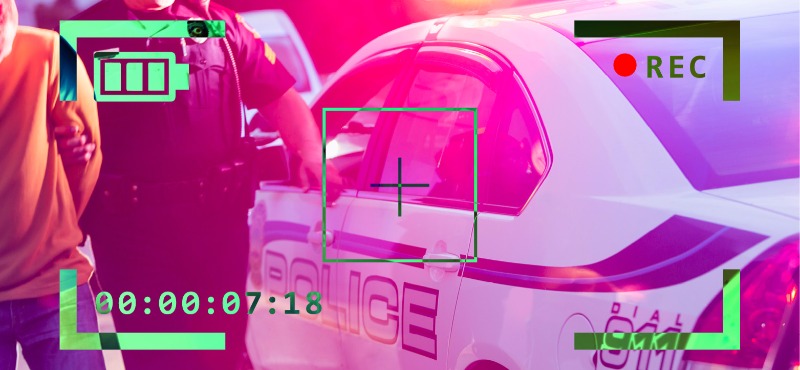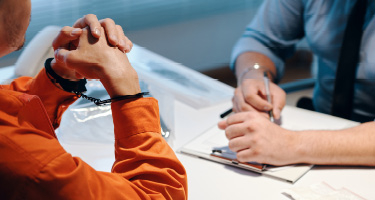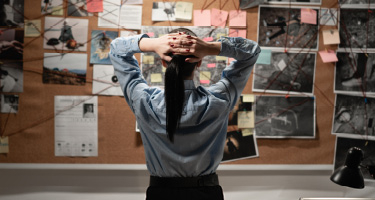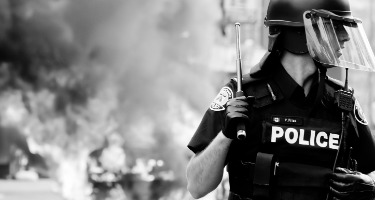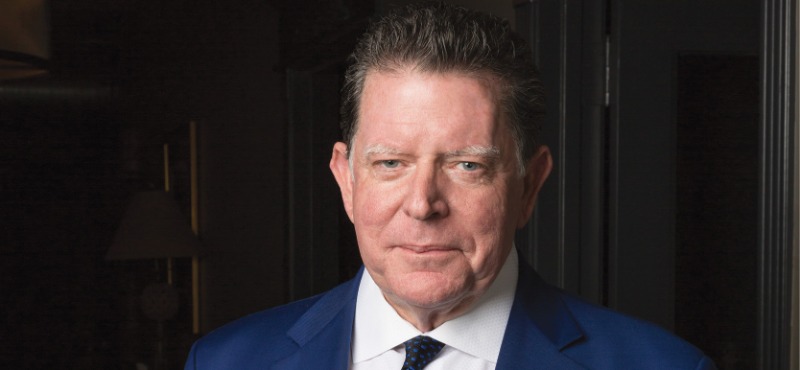Technology is changing the way we practice law. It seems as though every move we make is recorded or cataloged in some way. An increasing number of police departments are getting in on the action by investing in body cameras for their officers. In many cases, people are now being filmed when interacting with a police officer who is actively enforcing the law.
Police departments likely had one primary reason for installing body cameras on its officers. It is a way to record and gather evidence to supplement an officer’s account of an arrest. With actual footage of an arrest, we no longer have to rely solely on the police officer’s memory and subsequent report of an encounter with a defendant. Prosecutors can roll out footage of the encounter and use it to reaffirm the officer’s account. However, evidence that can be used by the prosecution also has potential to be used by the defense.
Criminal defense attorneys should embrace police body camera footage. Gone are the days when we must use witness testimony to piece together what really happens between encounters between police and defendants. Today we can literally go to the videotape and press play. A recording of a police encounter can clear up any discrepancies that may exist between the police officer’s and defendant’s accounts.
Police body camera footage may have been intended to be used as a tool for the prosecution, but it is playing an increasingly important role for criminal defense attorneys.
There are a number of ways that police body camera footage can be useful to the defense. Criminal defense attorneys have successfully used police body camera footage as evidence to:
- Keep police officers honest and accountable on the witness stand;
- Contradict an officer’s statement about an interaction with a defendant;
- Contradict witness testimony;
- Prove that defendants were not properly advised of their Miranda rights before making incriminating statements;
- Highlight police misconduct; and
- Prove the actual innocence of a client.
Police body camera footage can be admissible as evidence in court. It must follow the same rules for admissibility as other photographic or video evidence. This means that it must be relevant and authentic. A lack of standardized body camera rules and protocols could mean that authentication could potentially be an issue in the future.
There are no standardized protocols for the installation and/or use of police body cameras. This means that while many departments may have body cameras, there is no single “right” way to use the tool. Video footage that could be used as exculpatory evidence for a defendant could potentially be lost if it is lost, mishandled, erased, or misused in another way. The value of the evidence contained in police body camera footage can be invaluable. As a result, criminal defense attorneys should be some of the strongest advocates for the standardization of police body camera protocols.
Fortunately, the National Association of Criminal Defense Lawyers has developed a list of such recommended policies and procedures. If implemented, these regulations could significantly alter the way police interact with the community. These regulations could offer defendants new hope when fighting the criminal charges they face.
Some of the regulations suggested by the National Association of Criminal Defense Lawyers include:
- Establishing clear policies about when body cameras should begin to capture footage, removing discretion from individual officers;
- Mandating the storage of body camera footage for a specified length of time;
- Requiring that body camera footage is made available to defendants and their criminal defense attorneys promptly after an arrest;
- Prohibiting police officers from reviewing body camera footage before preparing their own reports;
- Establishing officer training programs to ensure cameras are used accurately and appropriately;
- Allocating resources to ensure that experts are available to review and analyze body camera footage; and
- Requiring that footage is stored and controlled by an independent, unbiased authority.
Each of these regulations could play an integral role in ensuring that body cameras are used appropriately and effectively. Criminal defendants who are arrested for a crime should have access to any unedited videotape of their encounter(s) with police. Similarly, police should not be able to rely on video footage to supplement their own reports or to refresh their memories. Footage should be maintained as an independent evidentiary source to address discrepancies, offer perspective, and aid an honest and transparent criminal justice system. Criminal defense attorneys should be on the frontlines advocating for the standardization of body camera policies and protocols.
--------------------
Vikas Bajaj is an attorney and founder of Law Office of Vikas Bajaj, APC, a leading criminal defense firm in San Diego, California. Mr. Bajaj is a graduate of top-ranked University of Texas – Austin School of Law and has over 16 years of criminal defense experience. Call today for a free consultation.
Phone: 619-525-7005
Email: info@bajajlaw.com
